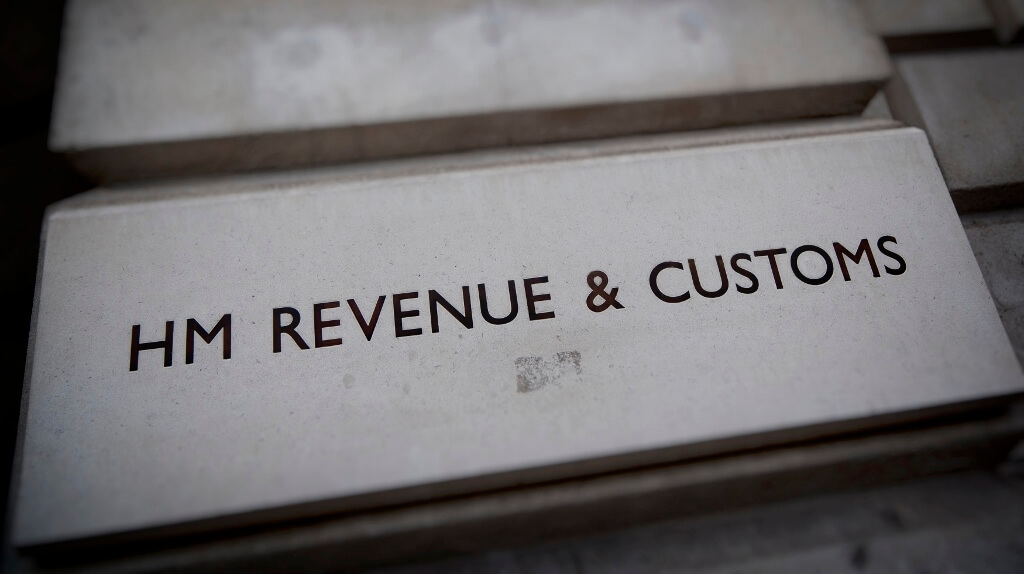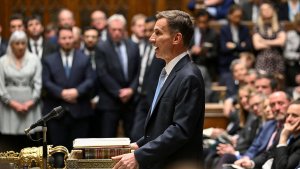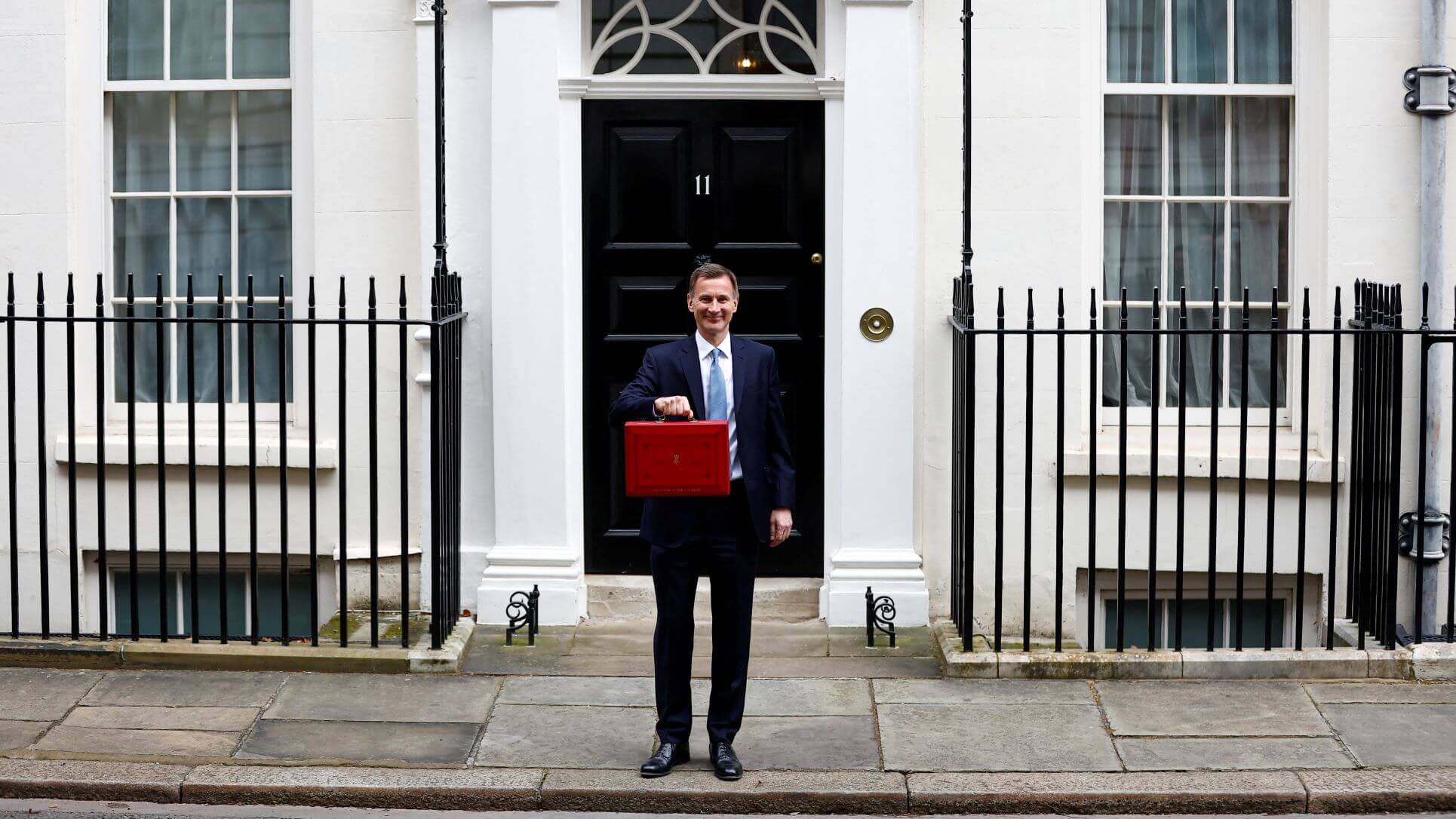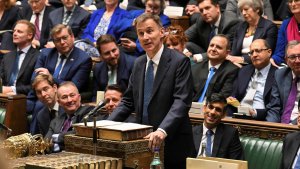George Osborne's Autumn Statement and Spending Review raised some eyebrows among commentators who expected more cuts and less spending. But is the UK's business community one of the beneficiaries?
Autumn Budget And Spending Review 2015: Good For Business?
George Osborne's Autumn Statement and Spending Review raised some eyebrows among commentators who expected more cuts and less spending. But is the UK's business community one of the beneficiaries?

Traditionally the Autumn Budget is a chance for the Chancellor to unveil giveaways to businesses while looking forward to the UK’s economic health. However, with £12bn worth of cuts still to be made to reduce the deficit and national debt, it’s unsurprising that there weren’t too many giveaways in this budget.
During this year’s Summer Budget, businesses were impacted heavily as the Chancellor introduced a variety of changes, such as:
- National Living Wage
- Reducing Corporation Tax
- Sunday trading laws
Therefore, the majority of businesses were hoping that George Osborne would introduce measures to boost confidence and refrain from making cuts, or at the very least they were hoping to get off relatively unscathed from this budget and have a period of relative stability, which was largely the message conveyed.
The Chancellor did make the usual wide-sweeping announcements, such as that one million extra jobs will be created over the next five years and that ‘more people are in work in the Northern Powerhouse than ever before’, which indicate a boost for businesses.
Here we take a more detailed look at what kind of impact this most recent budget is likely to have on small and medium enterprises.
Small Business Rate Relief
A concern to small businesses before the Chancellor’s speech was the end of March 2016, when the 100% small business rate relief would expire. However, it was announced that this relief is to be extended for a full year.
A small business can benefit from this relief if you only use one property or your property’s rateable value is less than £12,000. This was going to be gradually decreased from 100% to 0%, but the good news is that is has now been extended which will allegedly help around 600,000 small businesses.
Devolution - more powers to councils
The government want to give more powers to local councils through elected mayors, who will have more powers in regards to transport, skills and the local economy. Mr Osborne pledged £12bn spending to get this initiative moving, which is already scheduled to happen in Greater Manchester in 2017.
It will allow councils to do things, such as cut business rates, raise business rates to help infrastructure and plough money into areas they think necessary.
Business Rates
In a sweeping change the uniform business rate is to be abolished. Instead local authorities will have the power to set these rates in order to attract more investment and business. Councils will have greater opportunity to revive their dying high-streets by being more competitive and flexible, which is good news for the SME community where business rates are a huge burden.
Apprentice Levy
In an attempt to address the UK skills shortage and raise the talents of the nation, an apprentice levy has been introduced as expected. This is set at 0.5% of an employer’s wage bill. However, there is a £15,000 allowance to offset this cost, meaning businesses with a wage bill of less than £3m will pay nothing towards this.
This is great for the next generation of business leader but may impact on inward business investment, particularly in those industries already feeling their margins squeezed. It may be seen by some as an extra tax on big businesses who are still coming to terms with the national living wage announcement from the last budget.
Infrastructure Investment
Despite announcing a 37% cut in the day-to-day budget for the Department for Transport, Mr Osborne has pledged to investment in infrastructure, using his latest favourite phrase, “We are the builders.” He pledged to invest in the largest road investment since the 1970s, railways, energy and flood defence.
He also mentioned the Northern Powerhouse and stated the work on the HS2 link from the North to the South will commence, whilst also stating that there will be funding available for new transport in the north.
Property Investment
There was a slight attack on property investment in a bid to bolster the first time buyer market and get young people onto the ladder and turnaround the “growing crisis of homeownership”. There will be new rates of stamp duty up by 3% for those buying additional properties from April 2016. This means those who invest in property, utilise buy to let or those who want a second home will be hit.
This could mean a rush to buy properties in the spring before this hike introduction, which may cause a bubble in the market.
Enterprise Zones
There is set to be 26 new enterprise zones throughout the UK from “Carlisle” to “Ipswich”. There are not many more details so far on this proposal, but hopefully the provisions will be able to kick-start must needed investment in many regions.
If the Autumn Budget 2015 impacts your business and you require legal expertise visit Gorvins
Thanks for signing up to Minutehack alerts.
Brilliant editorials heading your way soon.
Okay, Thanks!




